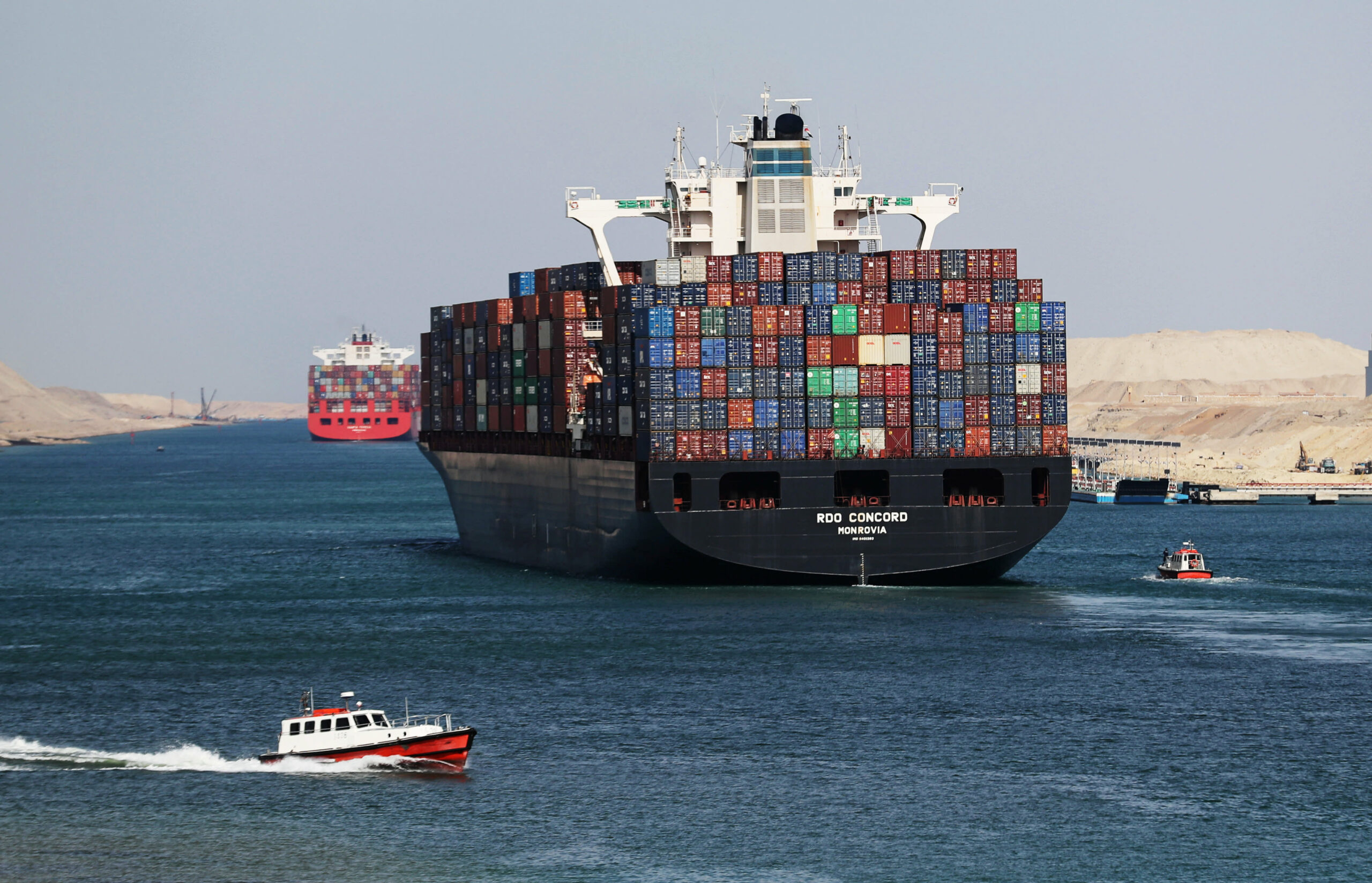
20 Jul Canada’s Pacific Dock Workers Revoke Strike Notice After Trudeau’s Crisis Meeting
Introduction:
In a dramatic turn of events, dock workers on Canada’s Pacific coast have decided to revoke their strike notice, which had been issued for Saturday, following a crisis meeting convened by Prime Minister Justin Trudeau. This decision comes after mounting concerns about the disruption to supply chains and the critical role of port operations in the country. The strike had been causing significant disruptions at Vancouver and Prince Rupert, two of Canada’s busiest ports, impacting the nation’s economy and trade. This article will delve into the details of the strike, the government’s response, and the implications for Canadian jobs and the economy.
The Strike Notice and Trudeau’s Crisis Meeting:
Earlier on July 19, dock workers with the International Longshore and Warehouse Union (ILWU) issued a new 72-hour strike notice in Vancouver, British Columbia, Canada, which was scheduled to begin on July 22 at 9:00 am. However, this strike notice was later revoked, as announced by ILWU Canada on their website. The decision to revoke the notice came just hours after a federal watchdog declared the workers’ ongoing stoppage illegal.
Recognizing the urgency and severity of the situation, Prime Minister Justin Trudeau called for a crisis meeting of the Incident Response Group, consisting of senior officials and ministers. The objective was to explore all possible options to ensure the stability of supply chains and protect Canadian jobs and the economy. Trudeau emphasized the critical importance of resuming port operations as swiftly as possible, urging workers and employers to avoid further disruptions.
Impact on Canada’s Ports and Economy:
The strike had severely impacted the operations at Vancouver and Prince Rupert, two of Canada’s most vital ports, which serve as crucial gateways for exporting natural resources and commodities, while also receiving essential raw materials. With approximately 7,500 dock workers participating in the strike since July 1, cargo movement at the ports has been severely disrupted, resulting in an estimated C$6.5 billion ($4.9 billion) loss in trade. The halt in port activities has been particularly concerning for the Canadian Manufacturers & Exporters, with nearly C$500 million of trade disrupted every day.
Calls for Government Intervention and Challenges Ahead:
With the strike causing mounting concern for the Canadian economy, various stakeholders, including the Canadian Chamber of Commerce, the Canadian Manufacturers and Exporters, and the premiers of Alberta and Saskatchewan, have urged the government to pass back-to-work legislation. Such legislation would compel workers to return to their posts, but it presents a politically sensitive move for the Trudeau government.
While the federal NDP, a traditionally left-leaning opposition party, has supported Trudeau’s government in passing legislation, it has ruled out backing any laws to end the strike. This puts Trudeau in a delicate position, as he may need the support of the Conservatives or the separatist Bloc Quebecois to pass such legislation. The implications of enforcing back-to-work laws could strain the Liberal-NDP coalition, potentially impacting the stability of the current government.
Conclusion:
The decision of Canada’s Pacific dock workers to revoke their strike notice comes as a relief amid mounting economic concerns. Prime Minister Justin Trudeau’s crisis meeting aimed at exploring all options to restore stability to supply chains and protect the economy is a step in the right direction. However, challenges remain ahead as the government considers back-to-work legislation and navigates the complex political landscape. The fate of Canada’s economy and jobs now hinges on finding a resolution that satisfies all stakeholders involved in the labor dispute.

